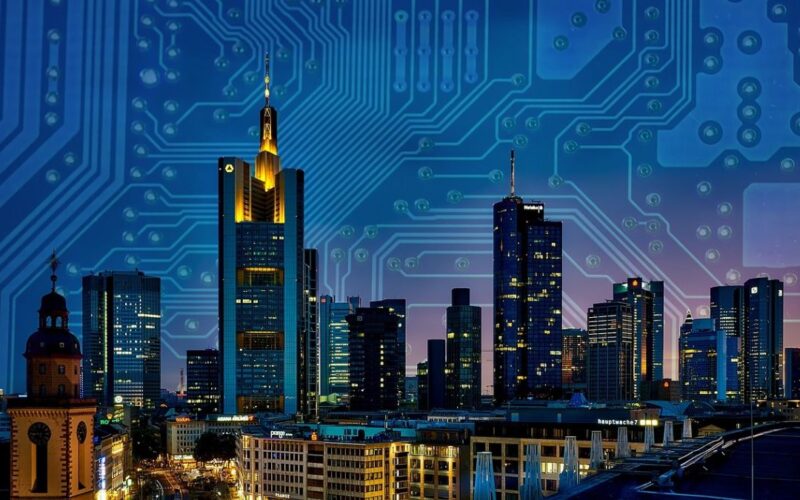In the dynamic tapestry of modern urban life, the concept of smart cities is emerging as a transformative force, leveraging technology to reshape our urban landscapes. This article delves into the myriad ways in which smart technologies are enhancing efficiency, sustainability, and the overall quality of life in urban environments.
Defining Smart Cities: A Nexus of Technology and Urban Living
Smart cities harness the power of technology to optimize various aspects of urban life, ranging from transportation and energy management to healthcare and public services. At their core, these cities utilize interconnected technologies to collect and analyze data, enabling informed decision-making for urban development.
Key Technological Pillars Reshaping Urban Landscapes
Internet of Things (IoT)
Smart cities thrive on a web of interconnected devices and sensors. IoT plays a pivotal role, facilitating real-time data collection and analysis. From smart traffic lights that adapt to traffic flow to waste management systems optimizing collection routes, IoT is the backbone of urban efficiency.
Smart Infrastructure
Infrastructure evolves with the integration of smart technologies. Intelligent transportation systems, energy-efficient buildings, and connected utilities contribute to a more sustainable and resilient urban environment. Smart grids, for instance, ensure optimal energy distribution, reducing wastage and environmental impact.
Data-Driven Decision Making
The abundance of data generated by smart cities enables policymakers to make informed decisions. From predicting traffic patterns to identifying areas prone to pollution, data analytics transforms urban planning into a precise and dynamic process.
Connectivity and 5G
The advent of 5G technology enhances connectivity, fostering the proliferation of smart devices. This high-speed, low-latency network enables seamless communication between devices, paving the way for innovations like autonomous vehicles and advanced public services.
Smart Governance and Public Services
Citizen engagement receives a boost through smart governance. Digital platforms and mobile apps empower residents to participate in decision-making processes, report issues, and access public services with greater ease.

Benefits of Smart Cities
Efficiency and Resource Optimization
Smart technologies streamline processes, reducing resource wastage and enhancing efficiency in areas like transportation, energy, and water management.
Sustainability
The integration of renewable energy sources, waste reduction measures, and green infrastructure contributes to a more sustainable and eco-friendly urban environment.
Improved Quality of Life
Smart cities aim to enhance the overall quality of life for residents. From smart healthcare systems to efficient public transportation, these initiatives prioritize well-being and convenience.
Economic Growth
The adoption of smart technologies fosters innovation and attracts businesses, contributing to economic growth and urban development.
Challenges and Considerations
Privacy and Security Concerns
The vast amount of data collected raises concerns about privacy and the potential misuse of sensitive information. Implementing robust security measures is paramount.
Infrastructure Investment
The transition to a smart city requires significant investment in both physical and digital infrastructure, posing challenges for some cities.
Digital Inclusion
Ensuring that all residents, regardless of socioeconomic status, have access to and can benefit from smart city initiatives is a critical consideration.
A Future of Connected and Intelligent Urban Spaces
As technology continues to advance, the vision of smart cities becomes increasingly tangible. The integration of artificial intelligence, blockchain, and further advancements in IoT promises a future where urban living is not only efficient and sustainable but also deeply interconnected and technologically enriched.
The evolution of smart cities represents a paradigm shift in urban living. As technology continues to evolve, these cities will play a pivotal role in addressing the challenges of urbanization, fostering sustainability, and creating environments where innovation and quality of life go hand in hand.










